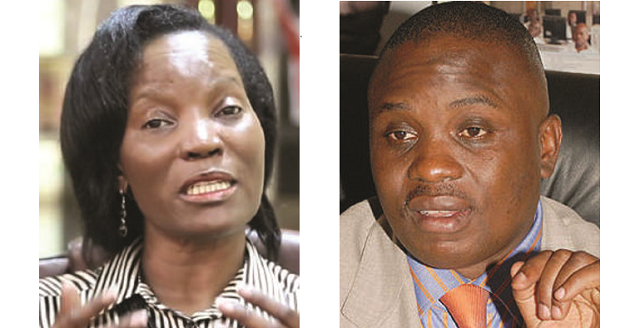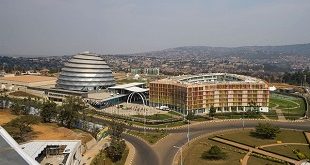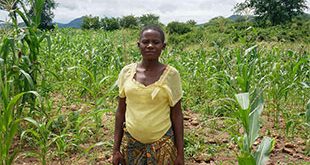
On infrastructure, Port Louis (Mauritius) scored highest (87%) while the Egyptian cities of Alexandria and Cairo were considered the best in terms of environment and ecology with a score of 70%.
Gaborone, Botswana’s capital is the 18th best city in Africa and it scores highest in the area of governance (84%) while under the economy category; the South African capital, Pretoria, leads with a score of 84%.
“Until now, rankings for Africa (cities) were done for investors and expatriates, not for ordinary people,” Chenal is quoted by French news agency, AFP, “We never asked how people lived, whether young or old, rich or poor.”
The EPFL says it now intends to conduct the study each year in the hope of standardizing data on African cities.
Chenal’s survey of African cities is similar to the Economist Intelligence Unit’s annual Global Livability ranking survey which quantifies the challenges that might be presented to an individual’s lifestyle across five broad categories of stability, healthcare, culture and environment, education and infrastructure.
The Economist Intelligence Unit’s livability rating is part of the worldwide cost of living survey which is intended to help business leaders prepare for opportunity, empowering them to act with confidence when making strategic decisions.
According to the Economist Intelligence Unit (EIU), the concept of livability is simple; it assesses which cities around the world provide the best or the worst living conditions. The EIU considers stability (crime, threat of terror, military conflict, or civil conflict), health care (availability of private health and public health care, its quality, over-the-counter drugs, and general indicators), and culture and environment (humidity/temperature, discomfort of climate, corruption, social or religious restrictions, level of censorship, sporting availability, cultural availability, food and drink and consumer goods and services). Others include education (availability of private education, quality, and public education), as well as infrastructure (public transport, international links, housing, energy, water, and telecommunications).
The EIU last year picked Johannesburg as the best livable city in Africa followed by Pretoria, Tunis, Casablanca, Nairobi, Cairo, Lusaka, Abidjan, Dakar, Douala, and Lagos.
Unhappy city bosses
Although Afrique Mediterranee Business’ study was well received by the top ranked cities— at least going by the partisan publications in those cities— it received mixed reactions in the cities perceived to have “wanting” indicators. Critics say they have reservations, for instance, on the methodology used to rank the cities.
“I wish this was true, but it is difficult to understand how Cairo that has been, for example, reputed for its toxic air and chronic noise pollution in numerous global studies in the past comes seventh,” said Amro Ali, an Alexandrian researcher who lives in Cairo.
“Also were they able to access data and independent studies on the informal settlements and housing crisis faced by the poor that plagues Cairo and Alexandria? As official statistics provided by the authorities would often give a skewed picture,” Ali added, wondering what the methodology was for measuring the seven categories. The Bulawayo City Council (BCC) also ridiculed the survey for putting it among the worst cities on the continent to live.
“Our understanding of the report is that Bulawayo was ranked 60th in Africa,” Nesisa Mpofu told the Zimbabwean publication, The Citizen Bulletin, “Furthermore, we are aware that there are more than 60 cities in Africa.”
“The city of Bulawayo has not been able to get a copy of the research as yet and as such cannot comment on the ranking without having read the full report. We also do not know the methodology used in the study.”
 The Independent Uganda: You get the Truth we Pay the Price
The Independent Uganda: You get the Truth we Pay the Price



